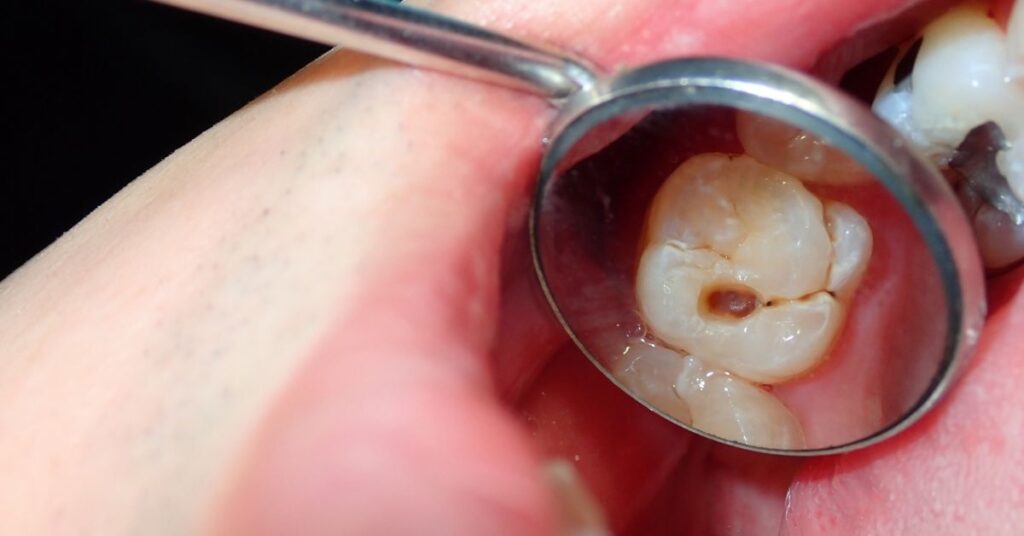
Introduction
The Importance of Regular Dental Checkups
Dental health is a critical component of overall well-being, yet many individuals neglect their oral hygiene and routines. Regular dental checkups are vital not only for maintaining a healthy smile but also for detecting underlying health issues that may go unnoticed. These routine visits enable dentists to identify problems early, preventing more significant health concerns down the line. Neglecting dental checkups can lead to severe complications such as tooth decay, gum disease, and even systemic health issues.
Common Misconceptions About Dental Visits
One of the most prevalent misconceptions about dental visits is that they are only necessary when a problem arises. This myth can result in delayed care, often leading to more complex treatments. Another common belief is that dental visits are always painful or uncomfortable. However, with advances in dentistry, procedures can be more comfortable than ever, thanks to improved technologies and techniques that prioritize patient comfort and pain management.
Overview of Who Should Schedule a Dental Checkup
Anyone, regardless of age or dental history, should schedule regular dental checkups. Children, teens, adults, and seniors all benefit from preventative care and early detection of dental issues. Additionally, individuals with existing dental problems, chronic illnesses, or those who wear braces must be particularly vigilant and should prioritize frequent visits to their dental care provider.
Recognizing the Signs You Need a Dental Checkup

Gum Recession: Understanding the Risks
Gum recession is a common dental issue that can occur at any age. This condition exposes the roots of teeth, making them more susceptible to decay and sensitivity. Gum recession can result from periodontal disease, aggressive brushing, or even genetic factors. Those experiencing gum recession should seek a dental checkup to prevent further damage.
The Significance of Bleeding Gums
Bleeding gums while brushing or flossing is not a normal occurrence. This symptom is often indicative of gum disease and should not be ignored. If you notice persistent bleeding, it is essential to consult with your dentist promptly. Early intervention can reduce the risk of complications, including tooth loss.
Shifting Teeth: What It Indicates
Teeth that feel loose or have begun to shift can indicate serious underlying dental issues such as bone loss or advanced periodontal disease. If you’re noticing any changes in the alignment of your teeth, a dental checkup is crucial to ascertain the cause and appropriate treatment options.
The Impact of Dry Mouth on Oral Health
Dry mouth, or xerostomia, can be more than a mere inconvenience; it can significantly impact oral health. Saliva plays a vital role in keeping the mouth hydrated and neutralizing acids produced by plaque bacteria. Insufficient saliva can lead to tooth decay and infections. If you experience chronic dry mouth, discussing this with your dentist is essential for diagnosing the cause and exploring treatment options.
Tooth Pain: Ignoring the Red Flags
Tooth pain is often a clear signal from your body that something is wrong. Whether it’s sharp pain, sensitivity to temperature, or a dull ache, all forms of tooth pain warrant professional attention. Ignoring this symptom can lead to worsening conditions such as cavities or abscesses that require extensive treatment.
Sores and Bumps: When to Worry
Oral sores that persist beyond two weeks or that are unusually painful should trigger an immediate call to your dentist. While some canker sores and ulcers heal naturally, others may indicate more serious health conditions. Prompt evaluation can provide peace of mind and identify necessary treatment.
Dental Injuries: Urgency for Care
Trauma to the mouth, whether from sports, accidents, or falls, can cause significant dental issues such as fractures or dislodged teeth. If you encounter any kind of dental injury, seeking immediate professional attention is crucial to prevent further damage and ensure proper care.
Specific Dental Issues That Require Attention

Periodontitis and Its Consequences
Periodontitis is a severe form of gum disease that can lead to tooth loss and affect overall health. It often begins as gingivitis and can progress unnoticed if not treated. Regular dental checkups are essential for managing gum health and treating periodontitis to reduce the risk of complications, which may include heart disease and diabetes.
Cavities and Their Treatment
Dental cavities form when plaque bacteria produce acids that erode tooth enamel. Early detection can lead to simpler and less invasive treatments, such as fillings. If left unchecked, cavities can lead to more serious complications, including root canals or tooth extractions.
Dealing with Tooth Sensitivity
Tooth sensitivity can stem from various factors, including enamel erosion, gum recession, and dental decay. Individuals experiencing significant discomfort should consult their dentist to uncover the underlying cause and explore treatments aimed at alleviating sensitivity.
Oral Manifestations of Systemic Conditions
Oral health can reflect systemic conditions, including diabetes and autoimmune disorders. Dental professionals can often identify these conditions during routine checkups, making it essential for individuals with known health issues to maintain regular dental visits.
The Role of Tobacco and Alcohol in Dental Health
Both tobacco and alcohol have detrimental effects on oral health, contributing to issues such as gum disease, oral cancer, and tooth decay. Individuals who use these substances should be particularly mindful of their dental health and prioritize regular screenings.
What to Expect During a Dental Checkup

Initial Consultation: Patient History and Assessments
The first step during a dental checkup involves reviewing your medical and dental history. Be prepared to discuss any concerns you have and any symptoms you’ve been experiencing. This information is vital for your dental professional to provide effective care tailored to your needs.
The Examination Process: What Happens Next?
After the initial assessment, a thorough examination of your teeth and gums will be conducted. This process typically includes checking for cavities, plaque, tartar buildup, and any signs of gum disease. Dentists may also evaluate your jaw and bite for balance and alignment.
Cleaning and Preventive Care: Importance of Regular Maintenance
A significant aspect of a dental checkup is the professional cleaning performed by a hygienist. This cleaning removes plaque and tartar buildup that regular brushing may miss. Preventive care is crucial for maintaining oral health and avoiding potential issues.
Diagnostic Tools and Technologies Used
Modern dental practices employ various diagnostic tools and technologies to enhance patient care. This includes digital X-rays, which provide an accurate view of tooth and bone structure, and intraoral cameras that allow patients to see their dental issues firsthand.
Follow-Up: Recommended Treatments and Care Plans
After your checkup, your dentist will provide a summary of their findings and discuss any necessary treatments. This may include recommendations for further appointments, preventive measures, or changes to your oral hygiene routine to maintain optimal health.
Conclusion
Regular dental checkups are a fundamental part of maintaining good oral health. These visits help in identifying issues early, preventing further complications, and ensuring that your teeth and gums remain in the best possible condition.
The importance of prioritizing your dental health cannot be overstated. Schedule your next dental checkup today—taking this proactive step is essential for a lifetime of healthy smiles.
Understanding the connection between oral health and overall well-being is crucial. Prioritizing dental visits not only improves your oral hygiene but also supports your overall health, reflecting a comprehensive approach to well-being.
